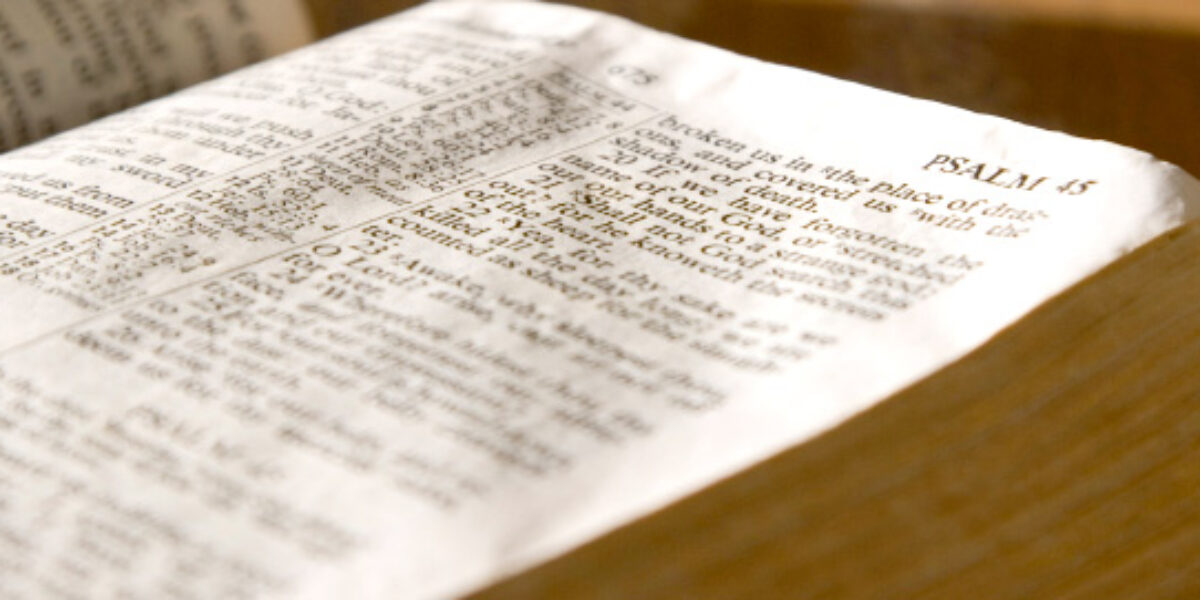Sons are not always like their fathers; Josiah is the perfect example of this. Although his father, Amon, was evil, Josiah sought to bring the nation of Judah back to the Lord.
Josiah was one of Judah’s best kings, even though he was the son of one of Judah’s worst kings. He took the throne in Jerusalem at the age of eight, after his father Amon was killed by his own servants, and ruled Judah for thirty-one years, from 640 to 609 B.C.. The decline of the Assyrian Empire after the fall of Nineveh in 612 B.C. allowed Josiah to restore Judah’s political independence and expand its borders.
Josiah is best known, however, for his religious reforms. As the author of 2 Kings says, “No other king before or after Josiah tried as hard as he did to obey the Law of Moses” (2 Kgs 23.25). While repairs were being made to the temple in 621 B.C., Hilkiah the high priest found “the Book of God’s Law,” which was probably some version of Deuteronomy. Shaphan the scribe read it aloud to Josiah. The young king was deeply troubled when he heard that God would severely punish Israel for worshiping other gods (Deut 29.25-28). So, Josiah immediately began to reform the worship practices of the people. He asked the people to promise to obey the Lord, removed priests who worshiped other gods, broke down altars dedicated to those gods, got rid of the local shrines, and celebrated the feast of Passover (2 Kgs 23; 2 Chr 34,35). As a reward for Josiah’s faithfulness, God promised him through Huldah the prophet that Judah would not be destroyed in Josiah’s lifetime (2 Kgs 22.14-20; 2 Chr 34.22-28).
Judah received a serious setback when this faithful king and follower of the Lord was killed at the battle of Megiddo against King Neco of Egypt (2 Kgs 23.28-30; 2 Chr 35.20-24). The prophet Jeremiah was prompted to write a funeral song in Josiah’s honor (2 Chr 35.25).




